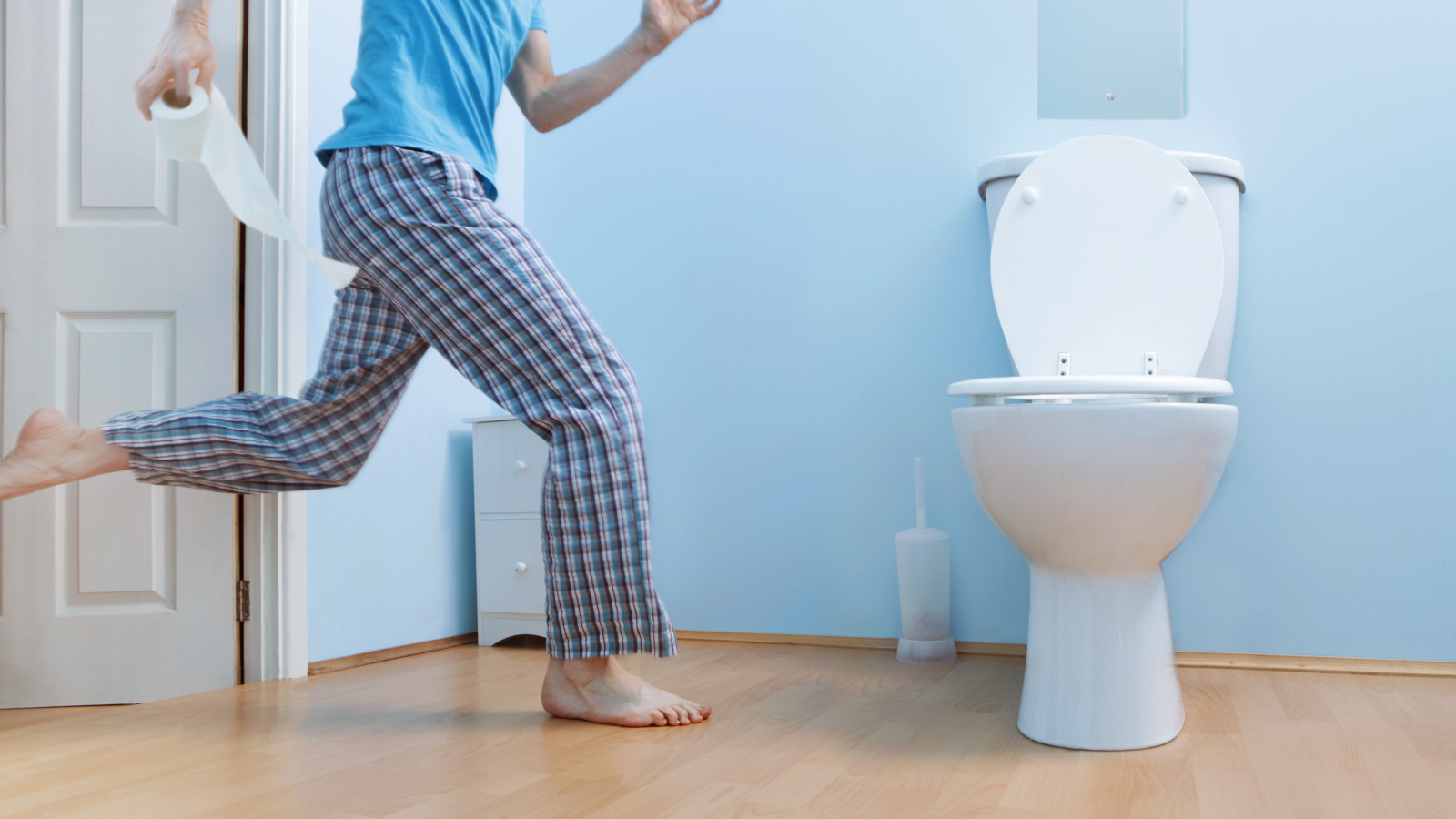It’s a widely recognized phenomenon among coffee enthusiasts: after savoring a strong cup, a distinct and often prompt urge for a bowel movement can arise. Following this physiological process, a profound sense of relief typically washes over. This common human experience raises an intriguing question: what exactly makes this particular act of defecation feel so uniquely satisfying?
Despite its universal nature, the precise mechanisms of defecation and the profound relief it offers remain surprisingly underexplored, according to medical experts. Dr. Hannibal Person, a pediatric gastroenterologist at Seattle Children’s Hospital, highlights this gap in understanding, noting that a complex interplay of physical, behavioral, and psychological factors likely contributes to the sensation.
As the colon fills, nerve endings transmit an uncomfortable sensation of distension to the brain. This pressure instinctively prompts the internal anal sphincter to open. However, immediate defecation is typically averted thanks to the external sphincter, which remains under voluntary control.
Individuals can employ various muscle contractions—such as clenching the anus, tightening the pelvic floor, or even flexing ancillary muscles like the hamstrings—in an attempt to delay the body’s call, according to observers. However, this temporary suppression is invariably accompanied by an uncomfortable internal pressure, serving as a clear signal that a trip to the bathroom is urgently required.
The act of bowel evacuation, by alleviating internal pressure, offers a distinct sense of relief and well-being. This physical comfort is not merely anecdotal; it finds support in neurological research. Functional MRI studies of the brain have indicated a tangible basis for this sensation, according to Dr. Lucinda Harris, a gastroenterologist and motility specialist at the Mayo Clinic Alix School of Medicine in Arizona.
When distension is alleviated, the brain activates a clear “reward response” within key regions such as the anterior cingulate gyrus and the insula, a scientist explained. These critical areas are recognized for their integral role in the brain’s processing of both the sensation of pain and its ultimate alleviation.
The human gut maintains a direct line of communication with the brain, primarily via the vagus nerve, a major cranial nerve. The act of evacuating the bowels triggers a stimulation of this vital nerve. This stimulation can lead to a measurable reduction in both blood pressure and heart rate, often fostering a profound sense of relaxation. Experts also note that the immediate relief from physical pressure and discomfort serves as a positive reinforcement, encouraging this natural physiological behavior.
According to Person, the act of defecation may stimulate the pudendal nerve, a less-understood phenomenon compared to its influence on the vagus nerve. This primary nerve of the pelvis is crucial for regulating the tension of the pelvic floor.
Deliberately postponing a bowel movement can lead to a tightening of the pelvic floor muscles. According to Harris, this sustained tension often intensifies pain and discomfort in the area. Therefore, educating individuals on how to effectively relax these muscles is considered exceptionally important for alleviating such issues.







